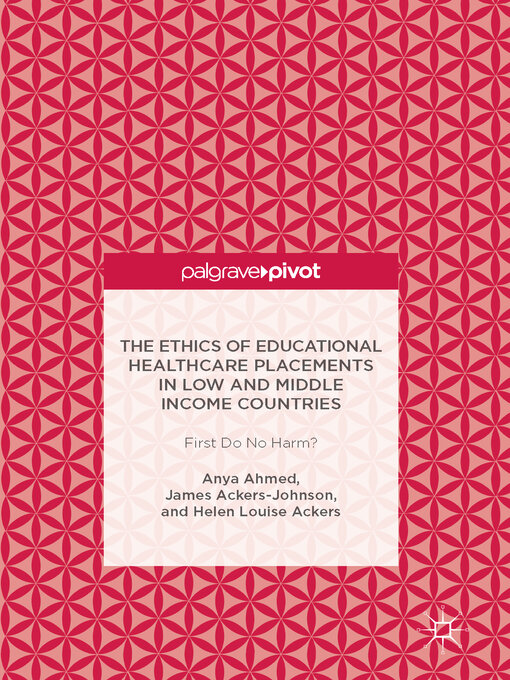- Available now
- New audiobook additions
- New Kids Audiobook Additions
- New Teen Audiobook Additions
- Most popular
- Try something different
- See all
- Travel & Outdoor
- Health & Fitness
- Food & Cooking
- Celebrity
- Crafts & Hobbies
- Fashion
- Tech & Gaming
- Sports
- Family & Parenting
- Business & Finance
- News & Politics
- Home & Garden
- Art & Architecture
- See all

